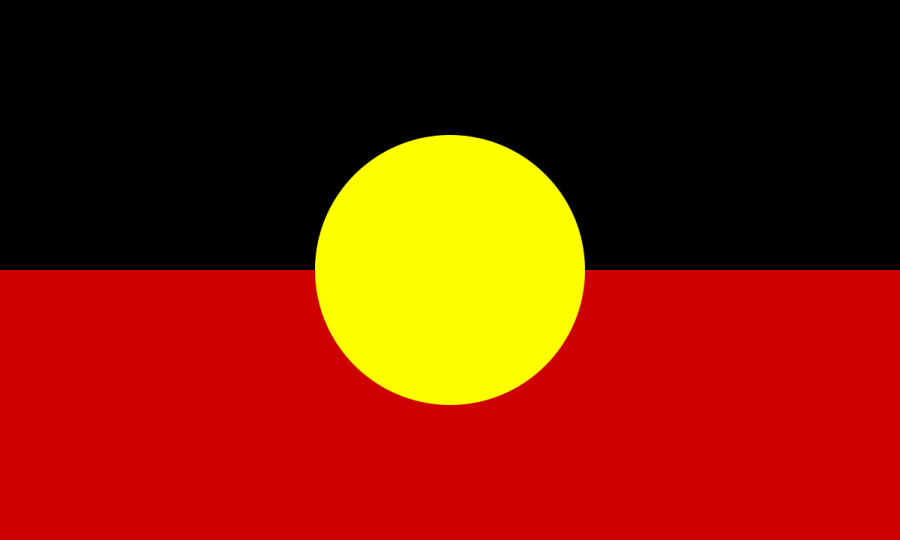Victoria, South Medbourne: Hyland House. 1997. xii+141 pp., notes, bibliography, index, map, interviews, two appendices. Paper, AU$14.95, ISBN 1-86447-031-3.
Prior to October 1998, Australians will go to the ballot box to decide the fate of the Native Title Act. Described by some commentators as the single greatest breakthrough in Australian race relations this century, the Act brings legislative force to momentous High Court judgments favoring property rights for Torres Strait Islander Eddie Mabo in 1992 and the Wik Aboriginal people of Cape York Peninsula in 1996. But the Act has been too successful in the eyes of ruling conservatives in Australia's federal parliament. A proposal to amend the Native Title Act, known as the `10 point plan,' has been dubbed by Aboriginal leaders as a return to terra nullius-to a time when Aborigines were invisible in terms of the law and had no acknowledged system of property ownership.
The Great Land Grab, written by journalist Michael Bachelard and revised in 1998, is a timely publication given the impending federal election. It provides a valuable, if limited, examination of some of the issues which are dividing the Australian nation. Bachelard writes in an accessible style and the text reads like an extended newspaper article. While sometimes repetitive, the message comes through very clearly The momentum for change that was heralded by legislation recognizing Aboriginal property rights and establishing the Council for Aboriginal Reconciliation in 1991, is to be curtailed. According to Aboriginal leader Pat Dodson, the 10 point plan is like "a poisoning of the waterholes of long ago."
The book canvasses the views of all parties involved in the native title debate and includes interesting case studies from people drawn from many walks of life, but the title of the text is ambiguous. What land grab is being referred to? Is it the taking of Aborigines' land by English colonists post-1788 or is it a reference to the upsurge in native title claims by Aborigines in the past five years? Forty-two per cent of the nation is open to native title claim and there is scaremongering by conservatives that even city dwellers' backyards are not secure from claims. This of course is not true. The book's title, however, refers to a modern day land grab by pastoralists or ranchers. Queensland Premier, Rob Borbidge, envisions the transfer of all pastoral (ranch) leases in his state to freehold title, thus extinguishing any native title rights indigenous people may have enjoyed. By extinguishing these rights, Aborigines lose any rights they may have had to negotiate over developments on that land.
Proposed Native Title Act amendments read like the novel, Catch 22. The Mabo decision affirmed that Aborigines do not need a `whitefella' paper in order to prove their native title. It exists in common law. Yet in order to assert their rights, native title must be proven to exist before the tribunal and court. And getting into a position to state one's case is becoming more and more difficult. Under proposed amendments, Aborigines can have their rights recognized, but only if they already have physical and continuing access to their land, which Noel Pearson, of the Indigenous Working Group says, "is like rewarding pastoralists for past policies of evicting people from the land."
The Native Title Act, for the first time, gave Aborigines Australia-wide, the right to sit down and talk to developers. They had a right to negotiate over what happened on their land and sea. After one year of operation, 43 native title applications were filed with the National Native Title Tribunal; after two years, 168. By March 1998, 713 applications had been filed.
The Great Land Grab is vital reading for all those wishing to have a basic grasp of the issues as Australia prepares for an election in 1998. For international readers, it provides an opportunity to understand why Australia's indigenous people, who make up only 3% of the population, are at center-stage when it comes to Australian politics.
Article copyright Cultural Survival, Inc.

